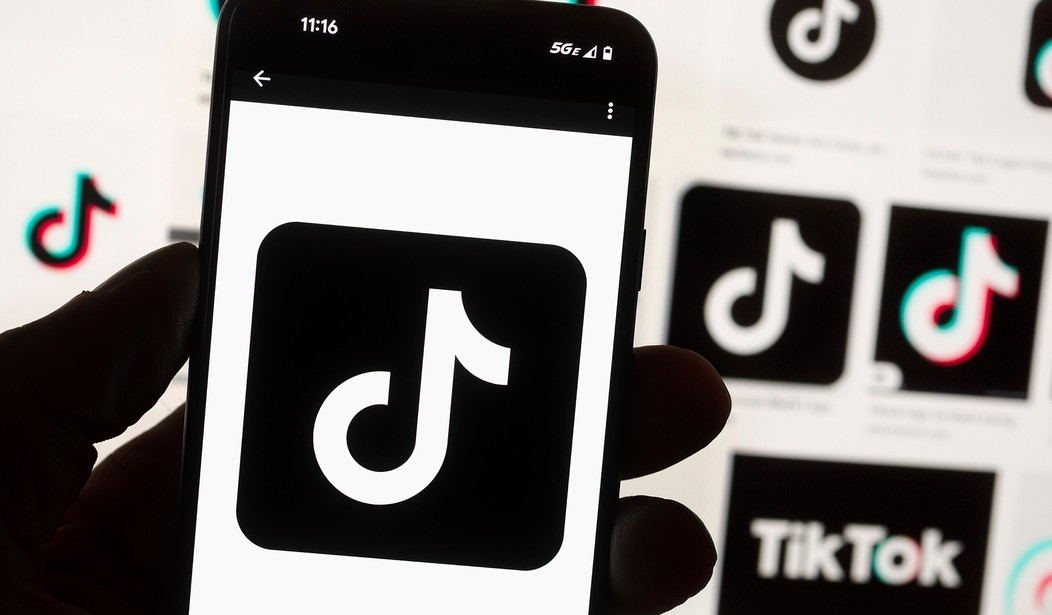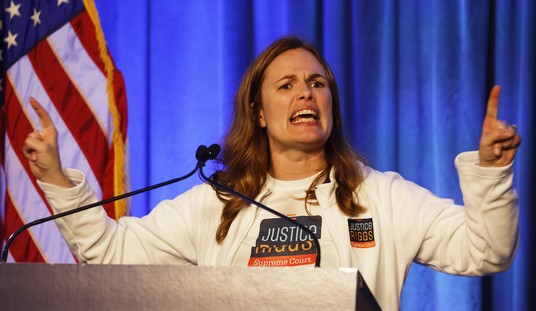While it has not gotten much attention as of late, the debate over whether the government should impose bans on social media for minors is still raging under the radar.
Several states have passed, or are considering, legislation to this effect. Proponents argue that such bans would protect children from pernicious influences on social media and the mental health problems they can cause.
On the other hand, critics argue that such laws constitute government overreach and point out that it is the responsibility of parents to ensure that their children are not being harmed by social media.
Several laws restricting social media for minors are already being challenged in court. In a new legal challenge, trade associations Computer & Communications Industry Association (CCIA) and NetChoice filed a lawsuit against Florida Attorney General Ashley Moody in the Northern District of Florida. The plaintiffs are seeking an injunction against the state’s recently enacted House Bill 3 (HB3), which restricts minors’ access to social media.
The organizations argue that the law infringes on First Amendment rights, creating an unconstitutional burden on free speech.
The legislation prohibits minors under 14 years old from creating social media accounts. Those who are 14 or 15 years old must obtain parental consent. The law also imposed strict age verification practices on social media platforms.
“The Constitution...leaves the power to decide what speech is appropriate for minors where it belongs: with their parents,” the lawsuit reads.
The plaintiffs insist that “Requiring adults to verify their age before accessing speech significantly burdens First Amendment rights” because it serves to “discourage users from accessing” online services.
The lawsuit contends that the language in HB3 is unconstitutionally vague. The plaintiffs suggest that its definition of “social media platform” lacks clarity, along with terms such as “addictive features” and “algorithmic engagement.” This makes it difficult for platforms to determine whether they fall under the law’s restrictions.
“Given these difficulties with determining who is covered by the Act, it is bound to chill even more speech,” as platforms may “change the way they disseminate content to try to avoid having to comply with the law.”
The lawsuit argues that the Children's Online Privacy Protection Act (COPPA), which restricts data collection from minors under 13, preempts HB3. The law “precludes any state from imposing liability for commercial activities” that COPPA already governs. This voids the conflicting provisions within HB3, according to the plaintiffs.
This legal action is similar to that filed in several other states.
Lawsuits against social media age verification rules in other states—including Utah and Tennessee—are currently underway. And a number of such laws have already been rejected by federal judges.
Similarly, suits challenging age verification rules for adult websites are proliferating.
Multiple states have enacted requirements similar to Florida's rule regarding sexually oriented online content. So far, federal courts have been pretty good at seeing these for the unconstitutional messes that they are. This includes cases out of California, Arkansas, Texas, Indiana, and Mississippi—though, in the Texas case, an appeals court vacated the lower court's injunction against an age verification mandate and, in April, the U.S. Supreme Court declined to stay the appeals court's ruling. In July, however, SCOTUS said it would take up the case in full sometime during the term that began this month.
Those who tend to support restrictions on social media use for minors argue that it could be damaging to children as their brains are not fully developed. Author Kirsten Weir, in a piece for the American Psychological Association, points out that children are especially susceptible to negative influences on social media.
Young people may be particularly vulnerable to social media’s charms—as well as its harms. During adolescent development, brain regions associated with the desire for attention, feedback, and reinforcement from peers become more sensitive. Meanwhile, the brain regions involved in self-control have not fully matured. That can be a recipe for disaster. “The need to prioritize peers is a normal part of adolescent development, and youth are turning to social media for some of that longed-for peer contact,” said clinical psychologist Mary Ann McCabe, PhD, ABPP, a member-at-large of APA’s Board of Directors, adjunct associate professor of pediatrics at George Washington University School of Medicine, and cochair of the expert advisory panel. “The original yearning is social, but kids can accidentally wander into harmful content.”
Weir suggests that the risks associated with social media “may be especially acute during early adolescence when puberty delivers an onslaught of biological, psychological, and social changes.”
Parenting coach Sue Atkins contends that restrictions on social media can reduce “exposure to cyberbullying” while decreasing screen time. “Banning social media apps can help reduce the amount of time children spend on their phones, allowing them to engage in more offline activities & develop healthier habits,” she writes.
She also points out that minors would be “shielded from potentially harmful or age-inappropriate content.”
Still, the question remains as to whether the state should play a role in protecting children from social media or if it should fall under the purview of parents. The potential for this type of legislation to lead to a situation in which the government passes more laws allowing it more of a foothold into people’s social media usage is a risk I’d be unwilling to take.
We already have a problem with federal agencies spying on people’s social media and pressuring companies to censor certain types of content. What is to keep the feds from using these laws as a Trojan horse to usher in even more restrictions that allow the state to determine how people interact with online platforms?













